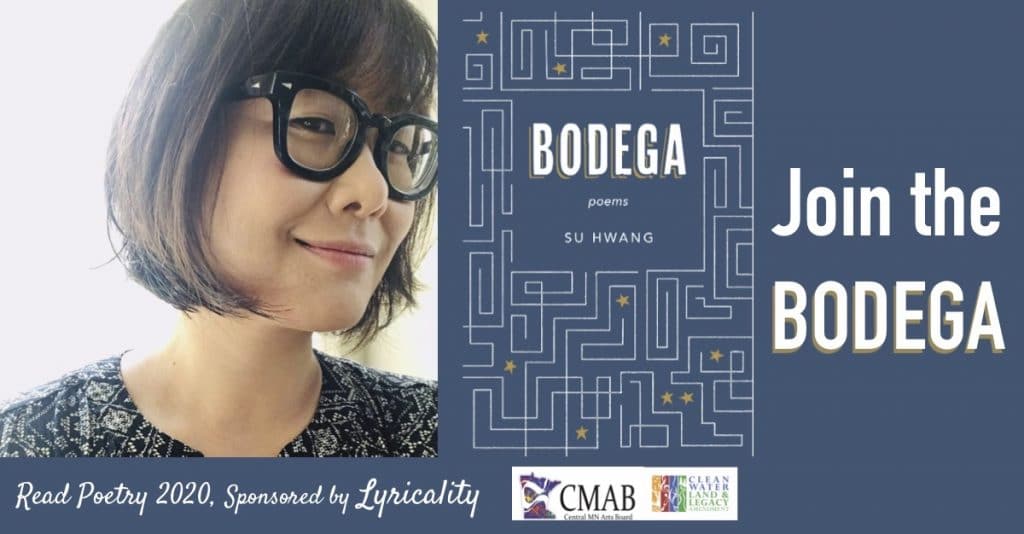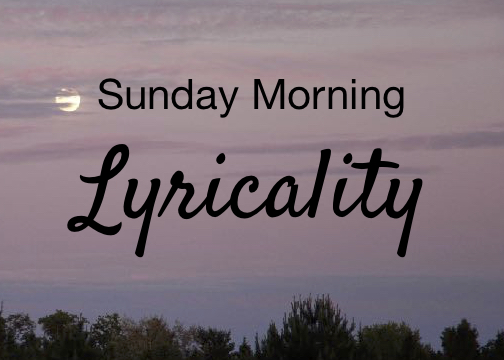Welcome to Sunday Morning Lyricality, featuring a weekly song or poem by a Minnesota writer, followed by a prompt to help you write your own poem.
Poetry and dreams share this in common — they often awaken an inner wisdom that also seems, simultaneously, somehow to come from beyond us. The poem “In My Dreams” implies that sometimes difficulties and dangers are of our own making, and a change of attitude or a shift in perception might be all we need to move us from anxiety to contentment. I first met this week’s featured poet, Riki Kölbl Nelson, in the early 1990’s when I was invited to join a group of women writers known then as Northfield Women Poets (now Penchant). Since 1970, the group has been meeting weekly during the academic year and monthly during the summer, to read and critique each other’s poetry. This poem attests that in sharing poems, they also share their wisdom.
Tracy Rittmueller
In My Dreams
Riki Kölbl Nelson
Travel is never easy, always
dangers of missing the one important flight, the last
boat, of being on the wrong train, taking
the bus a stop too far, stranded
in alien territory, no money, or friends
Always too much to pack, too many bags
suitcases bulging, big headaches
an ocean to cross and I do not know
have I left home or head towards it
Though once, in a bright dream
I shrug, why not leave things
behind, or take an extra bag
Why not ask twice about
the right train or bus stop
There’s always
another flight, another boat
and home is where I am
Writing Prompt based on “In My Dreams” by Riki Kölbl Nelson
We offer writing prompts based on featured poems for people who want to write something, who need a little help getting started. We don’t imply that you ought to write something. Many people enjoy reading or listening to poems without feeling compelled to write one. You might simply read this prompt as an exploration into what the featured poem is doing, and how its language works. This can deepen your acquaintance with poetry and lead to great pleasure in being a reader of poems.
How to Write a Poem Based on a Dream
“The experience and power of dreams is such a part of our heritage as human beings that we can hardly fathom a time when people have not awakened from a dream and known they were being touched in some way by a power beyond themselves,” Galen Martini, a poet and Jungian psychoanalyst writes in her book, Dream Manual. “…all world civilizations have had belief in and respect for dreams as a welling up and breaking through of wisdom from a place deeper than the conscious human mind can contrive or understand.”
To write your own poem based on a dream, choose an image or action that has remained with you after waking. Jot down as many details about this dream as you can. Where were you? What emotions does the dream arouse? Any interesting or unusual objects? Who are you interacting with? Perhaps your “bright dream” reminds you of other dreams with similar themes, as this poet’s did. If so, write something about those dreams, too.
Now imagine that a person, animal, or object in your dream can speak to you through your pen. Picture the dream figure as vividly as you can, and ask two questions:
- “What emotion or feeling do you want me to pay attention to?” and
2. “What gift or wisdom do you want to give me?”
Write whatever comes to mind without censoring yourself. For example, imagine you’ve had a dream of a barn swallow, with its glistening cobalt blue back and tawny breast, glide against an azure sky, then dive to skim a sparkling lake. When you ask the swallow those two questions, you might “hear” it tell you to pay attention to the feeling of ecstatic freedom, and perhaps its gift to you is found in the delight of doing what comes naturally.
Notice that in Riki Kölbl Nelson’s poem, “Travel” is the first word, and in the last line, is the word “home.” When writing your draft, see if you can use your jottings about your dream to create a sequence of lines that lead to the gift or wisdom of your dream. Try beginning, in the first line, with a concept or image that is an opposite or contradiction. You might also slip a question in the middle stanza, to reveal the ambivalence or uncertainty of the transitioning place, as this poet did in the lines “and I do not know / have I left home or head towards it”.
*****
Riki Kölbl Nelson, a Minnesota based poet and artist, is co-founder of Penchant, formerly Northfield Women Poets. In addition to her contributions to the group’s anthologies, she has published a bilingual collection of poems, Borders/Grenzen and a chapbook, The Fall Heart. She continues to write and to exhibit her art.
*****
How to Build a Caring Community through Poetry
Would you like to connect with caring people and build community? Are you ready to invest in real-life, meaningful conversations with real people? You don’t have to write poetry to build community around the wisdom-power of poetry. Join the Bodega, (Lyricality’s Read Poetry 2020 Program) featuring Su Hwang’s award winning collection of poems, Bodega.

